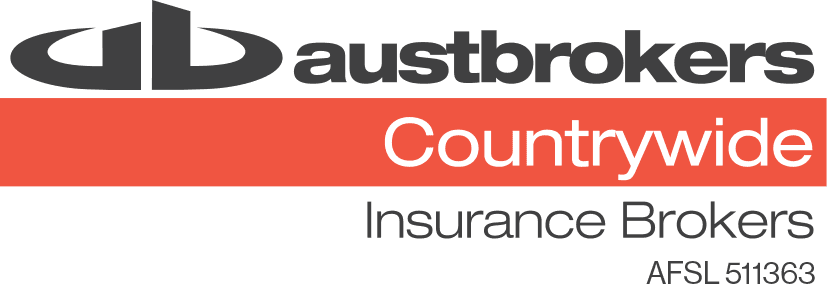- Fire
- Lightning
- Explosion or implosion
- Storm, wind, rain
- Water damage caused by leaking pipes
- Impact
- Malicious acts
- Earthquakes
Commercial property insurance is a form of business insurance. It is sometimes called commercial building insurance and it protects the building that a business operates from. It covers the main structure of the building – the roof, walls, ceilings etc.
In some cases, commercial property insurance will also protect the things inside of a business, such as fixtures and fittings, machinery and equipment or stock. This is typically covered under a form of commercial contents insurance.
Typically, insured events include:
Every policy differs so it’s important to understand exactly what you’re covered for by reading the product disclosure statement (PDS).
Every policy will have a list of exclusions, here’s some of the typical ones:
Commercial property insurance is for business owners who own and use a building for their business. This is because commercial property insurance can cover the building itself as well as the contents inside it.
If you’re a business owner who rents a building, you likely only need to consider business contents insurance.
If you’re a commercial property owner and you rent it out to other businesses, you likely only need to consider a form of landlord insurance for commercial properties.
There are many factors that should be considered when calculating how much cover you need.
It can be tricky to correctly estimate what cover you need so it can be helpful to speak with a broker.
Receive a Quote for Business Insurance

Farm insurance can provide the protection Australian farmers need. It can include ✓ building insurance ✓ crop insurance ✓ livestock insurance
There are various types of insurance to consider based on your specific business needs. Find out more in this guide.
Complete guide to getting insurance for trucks in Australia.
Read the Finder guide to workers compensation insurance and get cover in place.
This hourly rate calculator helps you consider your costs and profit and divide that by the number of hours you will work.
Read more about NRMA business insurance and its features.
If you run a business from home you need to make sure your business is properly insured. Read our guide to this specific type of business insurance and learn how to cover your home business.
Receive quotes for cyber liability insurance from Australian brands.
When faulty products cause injury or loss, your business needs to protect itself with product liability insurance. Learn how product liability cover works and get quotes.